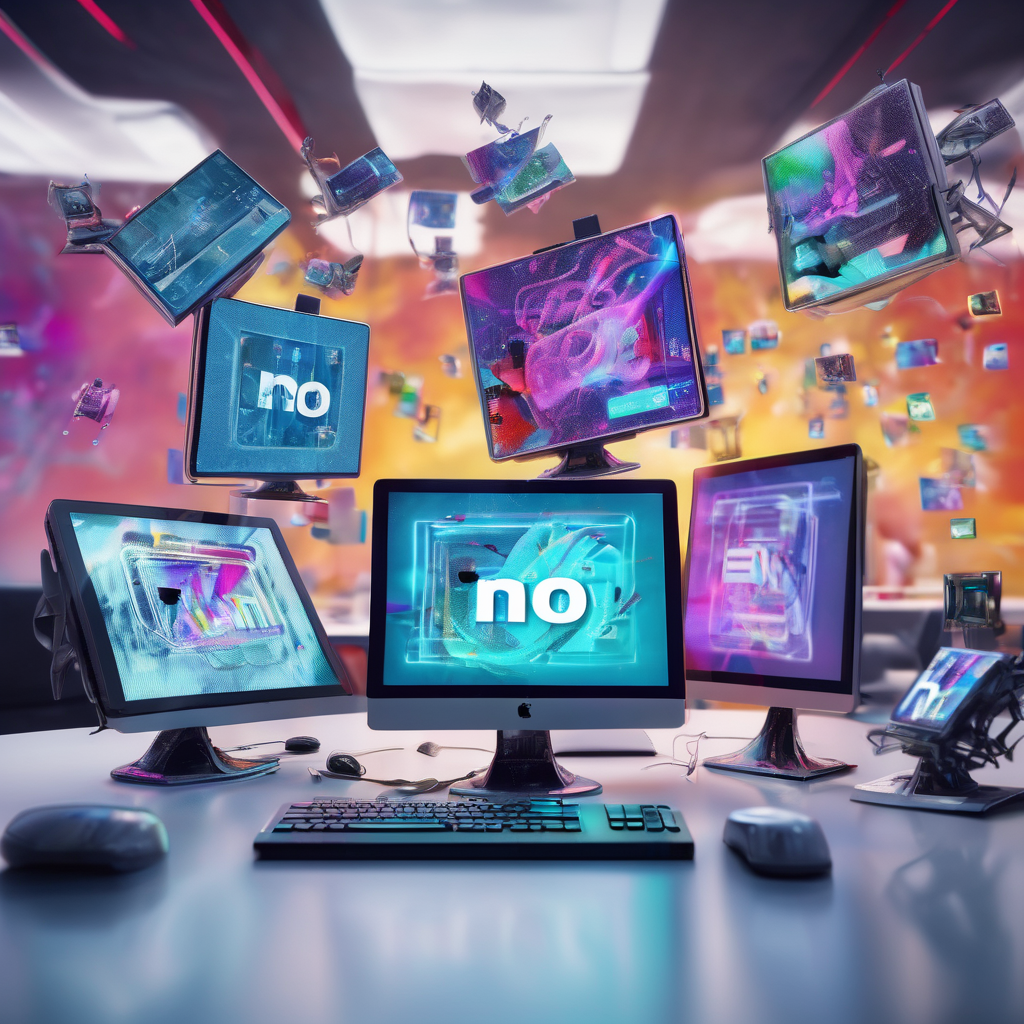
The Trump administration has notably escalated its use of artificial intelligence-generated content, particularly memes and videos, as a strategic component in its social media efforts. This development signifies a shift in political communication by leveraging AI technology to produce realistic and often provocative material targeting political opponents. Such AI-generated media challenges traditional norms of political satire and raises urgent concerns about misinformation. Recent instances illustrate this trend's scope. One example is a controversial AI-created video depicting President Trump pouring sludge over protesters, designed to provoke a specific narrative and reaction. Another involved the National Republican Senatorial Committee releasing an AI-manipulated video falsely attributing overly optimistic quotes to Senate Minority Leader Chuck Schumer. These widely circulated videos aim to sow division and shape public opinion through carefully crafted falsehoods disguised as genuine footage. President Trump and his supporters have actively shared and endorsed these AI-enhanced creations despite backlash. Critics, including Democratic figures and public personalities like musician Kenny Loggins, condemn the use of such technology for political purposes, arguing it erodes public trust, distorts reality, and deepens political polarization. The growing sophistication of AI tools for deepfakes poses significant challenges, as they can convincingly replicate voices, facial expressions, and mannerisms, making it difficult for even discerning viewers to detect manipulation. This technological advance has outstripped regulatory efforts to prevent misuse. At present, there is a notable lack of comprehensive regulation addressing AI-generated political content.
Experts warn that without proper oversight, the spread of such materials could fuel misinformation campaigns that threaten democratic processes and public discourse. Deepfakes have the potential to influence elections, undermine opponents, and incite social unrest, underscoring the need for targeted legal and ethical standards. In response, media literacy advocates stress the importance of equipping the public to critically assess digital content. Educational programs aimed at teaching skills to identify manipulated media are vital to countering deepfakes’ harmful effects. Promoting skepticism, source verification, and reliance on trusted news outlets can help citizens navigate the increasingly complex information landscape. Additionally, technology companies and social media platforms face calls to adopt a proactive stance in detecting and curbing AI-generated misinformation. Cooperation among policymakers, technology experts, and civil society is crucial to develop detection tools, flag suspicious content, and ensure transparency in online political advertising. In summary, the Trump administration’s strategic deployment of AI-generated memes and videos epitomizes a broader political communication trend that blurs satire and misinformation. While these tools offer new ways to engage audiences, they also threaten the integrity of public information. Addressing these challenges demands a multifaceted approach involving regulatory frameworks, technological innovation, and public education to protect democratic discourse from the destabilizing impact of manipulated media.
Trump Administration’s Use of AI-Generated Content Raises Misinformation Concerns


Climaty AI, a leading global climate technology company, has launched an innovative platform aimed at becoming the foundational climate layer for all media decisions.

Apple Inc.

In May 2025, Elon Musk, the well-known technology entrepreneur and CEO associated with companies like Tesla and SpaceX, publicly addressed a major shift in the online search landscape.

In the rapidly evolving sports broadcasting landscape, technology—particularly artificial intelligence (AI)—is reshaping how audiences experience games.

SenseTime, a leading Chinese AI pioneer, has formed a strategic partnership with semiconductor firm Cambricon to jointly develop next-generation AI infrastructure and strengthen China’s domestic AI ecosystem.

When applied effectively, AI can truly enhance the experience for both customers and teams alike.

Microsoft India has reported a notable enhancement in its sales performance following the integration of artificial intelligence (AI) agents into its workflows.
Automate Marketing, Sales, SMM & SEO

and get clients on autopilot — from social media and search engines. No ads needed
and get clients today